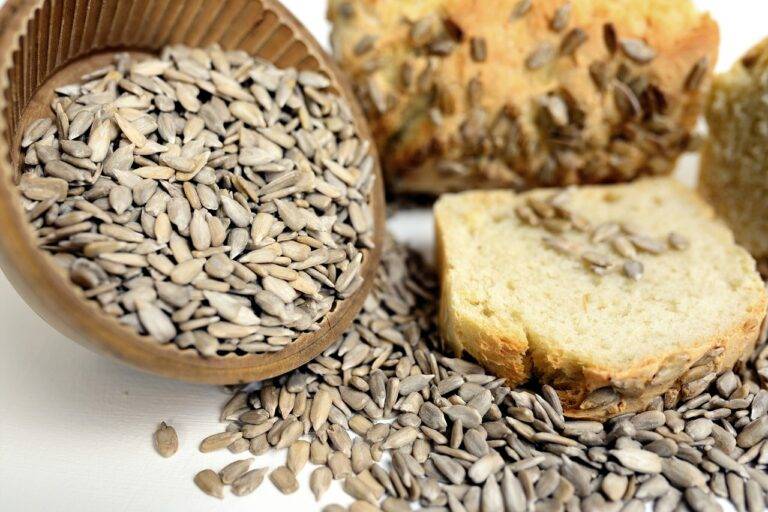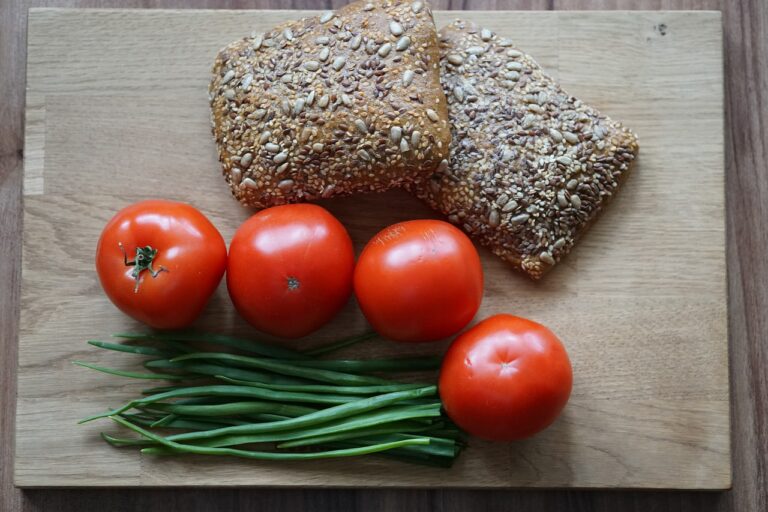Understanding the Link Between Diet and Irritable Bowel Syndrome: Tigerexchange 247.com, Golden 77.com, Sky 99 exch com login
tigerexchange 247.com, golden 77.com, sky 99 exch com login: Understanding the Link Between Diet and Irritable Bowel Syndrome
If you suffer from Irritable Bowel Syndrome (IBS), you know how frustrating and debilitating it can be. The symptoms of IBS can range from mild discomfort to severe pain, bloating, gas, diarrhea, and constipation. While there is no cure for IBS, managing your diet can play a significant role in reducing symptoms and improving your quality of life.
In this article, we will explore the link between diet and IBS, as well as provide tips and guidance on how to eat to alleviate symptoms. Let’s dive in.
What is Irritable Bowel Syndrome?
Irritable Bowel Syndrome is a common digestive disorder that affects the large intestine. It is characterized by symptoms such as abdominal pain, bloating, gas, diarrhea, and constipation. While the exact cause of IBS is unknown, experts believe that a combination of factors, including genetics, diet, stress, and gut bacteria, play a role in its development.
The Link Between Diet and IBS
Diet plays a crucial role in managing IBS symptoms. Certain foods and drinks can trigger or worsen symptoms, while others can help alleviate them. Understanding which foods to include in your diet and which to avoid can make a significant difference in how you feel.
Foods to Avoid
1. High-FODMAP Foods: FODMAPs are a group of carbohydrates that are poorly absorbed in the small intestine. They can ferment in the colon, leading to gas, bloating, and diarrhea. High-FODMAP foods include wheat, dairy, onions, garlic, apples, and pears.
2. Spicy Foods: Spicy foods can irritate the digestive system and trigger symptoms in some people with IBS.
3. Caffeine: Caffeine can stimulate the digestive tract and worsen symptoms of diarrhea and urgency in some individuals with IBS.
4. Alcohol: Alcohol can irritate the digestive system and lead to symptoms such as bloating, gas, and diarrhea.
5. Fatty Foods: Foods high in fat can slow down digestion and exacerbate symptoms of constipation in some people with IBS.
Foods to Include
1. Soluble Fiber: Soluble fiber can help regulate bowel movements and alleviate symptoms of constipation. Good sources of soluble fiber include oats, barley, fruits, and vegetables.
2. Probiotic Foods: Probiotic foods contain beneficial bacteria that can help improve gut health and reduce symptoms of IBS. Some examples of probiotic foods are yogurt, kefir, kimchi, and sauerkraut.
3. Lean Protein: Lean protein sources such as poultry, fish, tofu, and legumes are easier to digest and less likely to trigger symptoms of IBS.
4. Low-FODMAP Foods: Low-FODMAP foods are less likely to cause digestive upset in individuals with IBS. Some examples of low-FODMAP foods include rice, bananas, carrots, and spinach.
5. Herbal Teas: Herbal teas such as peppermint and ginger can help soothe the digestive system and alleviate symptoms of IBS.
Tips for Managing IBS Through Diet
1. Keep a Food Diary: Keeping a food diary can help you identify which foods trigger your symptoms and which ones you tolerate well.
2. Eat Regular Meals: Eating regular meals and snacks can help regulate bowel movements and prevent symptoms of IBS.
3. Stay Hydrated: Drinking plenty of water throughout the day can help keep your digestive system healthy and functioning properly.
4. Limit Stress: Stress can exacerbate symptoms of IBS. Finding ways to manage stress, such as meditation, yoga, or deep breathing exercises, can help improve your symptoms.
5. Work with a Dietitian: A registered dietitian can help you create a personalized eating plan that meets your nutritional needs while minimizing symptoms of IBS.
FAQs
Q: Can I cure IBS with diet alone?
A: While there is no cure for IBS, managing your diet can significantly improve your symptoms and quality of life.
Q: How long does it take to see improvements in symptoms with dietary changes?
A: It can take some time to see improvements in symptoms with dietary changes. It is essential to be patient and consistent with your diet modifications.
Q: Are there any supplements that can help with IBS symptoms?
A: Some supplements, such as probiotics, peppermint oil, and fiber supplements, may help alleviate symptoms of IBS. It is essential to consult with a healthcare provider before starting any new supplements.
In conclusion, diet plays a crucial role in managing symptoms of Irritable Bowel Syndrome. By identifying trigger foods and incorporating gut-friendly foods into your diet, you can improve your digestive health and quality of life. Remember to work with a healthcare provider or dietitian to create a personalized eating plan that works for you.







